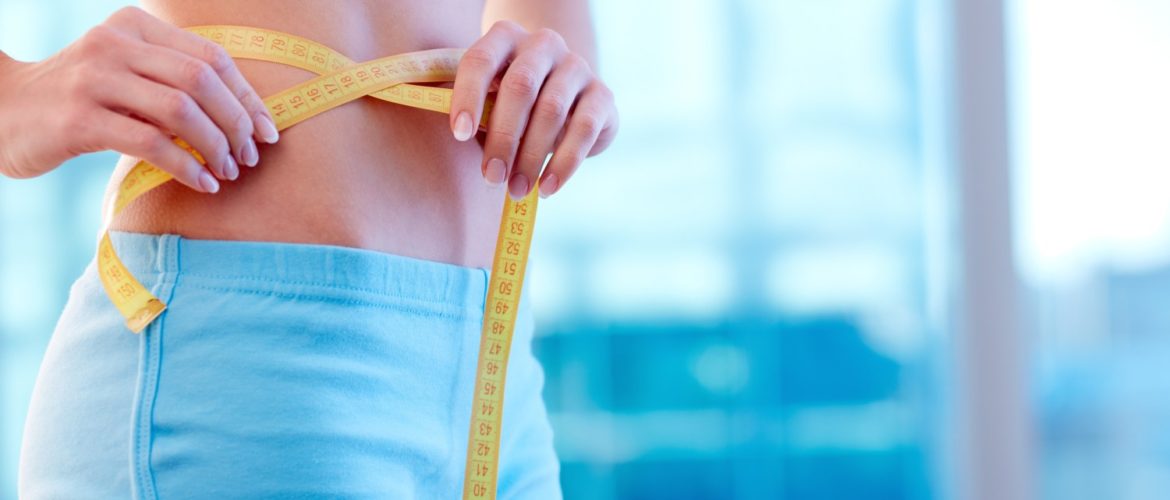Top 10 Pitfalls of Weightloss: Don’t Make These Common Mistakes.
Eliminating fat or eating a very low fat diet is a common error that people are encouraged to make by food marketing. Eliminating dietary fat to get rid of fat from the body may seem like a good idea at first glance, but when you understand the role of fat in the body, you realize getting too little of it is a bad idea. Of course, removing trans fats, from the diet is essential because they will make you sick and then they will kill you.You need a decent amount of good fat in the diet because all the cells in the body are made up of two layers of lipids or fats, which will be composed of healthy fats or harmful fats depending on the type you eat. If the cell lipid layers are made up of healthy fats, it will make them more sensitive to insulin and allow the receptors to bind more easily, which is necessary for good metabolism and energy production.Increasing the sensitivity of your cells to insulin is important because it will allow glucose (from the carbs you eat) to enter the cell and get burned as fuel. But, if you eat large amounts of trans-fats or have a severe imbalance between the omega-6 and -3 fats in your diet, your cell lipid layers will be made up of those more detrimental fats. Lipid layers made of unhealthy fats lead to unhealthy cells and greater insulin resistance, which may lead to fat gain and puts you at risk for diabetes.
To get a balanced fat intake you want to get a near equal ratio of omega-3 to omega-6 fats.
Most people get way too many omega-6 fats because they are abundantly found in our diets in the form of the most commonly used vegetable oils (corn, sesame, safflower, peanut, etc.). Omega-3 fatty acids are those that commonly come from fish oil (often referred to as DHA, EPA and ALA), but they also can be gotten from grass-fed beef and wild meats.
Tip 3: Get Rid of Stress and Lower Cortisol Levels
To lose fat, it’s essential that you minimize stress to lower your cortisol levels. Chronically high cortisol is associated with higher body fat, particularly around the middle. This means that no matter how much you exercise or eat healthy, you’re unlikely to lose fat if your cortisol is elevated because of how cortisol makes the body insensitive to insulin.
- eating anti-inflammatory foods and getting plenty of probiotics for a healthy gut.
- mind-body activities that bring you into the moment and help you connect with what really matters–yoga, meditation, and deep breathing can all be protective.
- strength training and martial arts will fight stress and promote ideal body composition.
Tip 4: Fix Your Gut With Probiotics
Fix your gut health and support digestion by eating plenty of probiotic foods to lose fat, have more energy, and feel better. Probiotics are the tiny bacteria that naturally occur in the gastrointestinal tract and are commonly found in fermented dairy products such as yogurt.
It’s very difficult to lose fat if you don’t have a healthy gut for two interrelated reasons. First, more than half of the neurotransmitters that send messages from the brain to cells and hormone receptors throughout the body are made in the gastrointestinal lining.
If your gut is not healthy, it will negatively affect the production of the neurotransmitters, leading to poor cognitive function, low mood, feelings of depression, and low motivation. A bad outlook and lack of drive will make you less motivated to exercise and take the action necessary for you to make progress toward reaching your goals.
The second reason gut health is essential is that it will improve digestion and help you feel better. You will actually feel more energetic because your neurotransmitters will be firing at optimal levels, and your metabolism will be supported so that nutrients and energy sources are getting broken down, absorbed, and used by the body in the most effective manner.
Another trick for supporting digestion and fat loss is to make sure you have healthy levels of digestive enzymes to break down food. Adequate digestive enzymes will allow your body to completely digest food, improving the absorption of protein, calcium, vitamin B, magnesium, zinc, iron, and other basic nutrients.Better digestion and absorption of protein and nutrients will support protein synthesis and the development of lean body mass, while helping you avoid deficiencies that can cause poor health and hinder weight loss attempts.
Cereal and other high-carb foods are a poor choice for your first meal of the day. Cereal is bad news because it’s typically packed with carbs and added sugar. In the rare case that you can find a cereal that doesn’t have added sugar, cereal tends to be low in protein.Instead of a carb-based first meal, go for protein and healthy fat. A high-quality protein meal is essential because it helps set energetic, motivating neurotransmitters up for the day and keeps blood sugar steady. The macronutrient content of the food you eat first thing will prime the chemicals that send messages from the brain to all your muscles and tissue.If you set your neurotransmitters up with a high-carb cereal, orange juice, and a banana, you’ll trigger a big insulin response, elevate serotonin and end up feeling low energy and foggy in the brain soon after. It’s very difficult to reverse the poor brain function and sluggishness that goes with a high-carb meal.
People tend to counter these feelings of tiredness and with caffeine, which raises cortisol and causes a new round of problems such as anxiety, an excited sympathetic nervous system, and poor energy production.
Tip #7: Take A Very Cautious Approach To The Science and Health Media
Be very cautious about what you learn from the science and health media. Health, fitness, and diet information are often misrepresented, with the facts being presented in a way that feed on our desire for intrigue and quick, easy solutions. Equally concerning, media is fueled by business interests, meaning that the information presented is influenced by those interests.
If you look back over how a number of important scientific studies were presented by the media in recent years, it becomes apparent that you have to be very cautious about what you believe.
An example of media misrepresentation is the issue of whether aerobic or strength training is preferred for fat loss. One study compared the effects of aerobic training with strength training on visceral belly fat loss. It was widely reported in the media with headlines such as “Jogging Beats Strength Training for Losing Belly Fat,” or “Aerobic Exercise the Most Effective Way to Lose Belly Fat.”
The problem is that the study design had a major flaw—the amount of volume of exercise was not equivalent or even comparable between the aerobic and strength training programs tested. In addition, the study design did not account for the amount of weight lifted in the program—a major error that makes it impossible to compare the effectiveness of different exercise modes for fat loss.
To avoid having the media hamper your fat loss progress, find a source of information that you trust. It’s not that you should ignore science and health reporting, but it’s necessary to be skeptical, and occasionally you will have to do your own research, or find a source you trust that will review the research for you!
Tip 8: Do Not Trust The U.S. DRI or Nutrition Labels
The U.S. Dietary Reference Intakes (DRI), is the amount of a given nutrient that the U.S. Department of Agriculture thinks you need each day. If you want to lose fat, the value is useless.
Even if you don’t want to lose fat, it is not ideal for health, and the new DRI is confusing because it gives no recommendation for fat intake, aside from suggesting that adults consume between 12 and 17 grams of omega-6 fats and 1.1 to 1.6 grams of omega-3s a day. This is an example of the skewed ratio referred to in Tip #2.
A number of research studies have shown that the skewed ratio of omega-6 to omega-3s is linked to higher rates of obesity, cancer, inflammatory and immune disorders, and cardiovascular disease. Apparently the USDA wasn’t aware of this data.
One positive thing about the new U.S. DRI is that it has lowered the carb recommendations from 300 grams per day for adults to 130 grams per day. That’s a vast amount, but it is more in line with what could be useful for fat loss if you are working out. The problem is that the DRI only increased protein recommendations by three grams a day from 53 to 56, which will likely leave most people hungry and confused!
Tip 9: Fight Stress & Inflammation
In addition, there are many nutrients that fight inflammation in the body and reduce physiological stress. For example, green tea can help detoxify liver and it is known for preventing liver damage from alcohol. Carnitine is a powerful brain nutrient that not only supports fat burning by helping fat enter the cell to be burned for energy.
The ginkgo plant is another excellent anti-inflammator and it has a great track record, having been used in traditional medicine for over 4,000 years. Ginkgo resists pollution, meaning that it will help you to eliminate contaminants from the body and resist stress.
Tip #10 Don’t Forget To Strength Train. Be As Active As Possible
There’s no reason you should not be doing some sort of strength training if you are trying to lose fat. In fact, there’s no reason that anyone should not be doing strength training.
Even people who are confined to a bed in a nursing home can perform some form of resistance training. There’s nothing bad about training as long as you learn proper form and have a reasonable plan of progression.
Strength training is essential for fat loss because it will burn fat, burn calories, improve insulin sensitivity and glucose uptake, and make you stronger. Strength training is preferred over aerobic training that is done on cardio machines such as a treadmill because it will produce a more favorable muscle building response, which raises your metabolism to support a leaner body composition.


